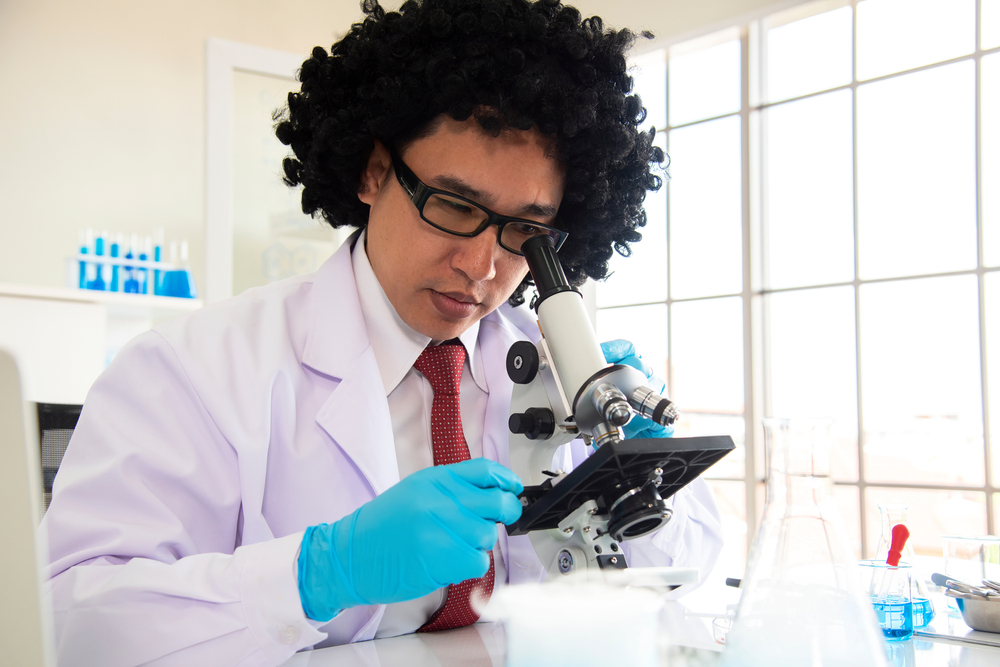Blog Details
-
Chemmicro Solutions > Blog > Uncategorized > Microbiological Testing & Analysis of Food
03Nov
Microbiological Testing & Analysis of Food
by Chris, 0 Comments

Microbiological testing of food refers to the examination of microscopic organisms in and on food. These organisms can be single-celled, multiple-celled, or even without cells and play an integral role in our surroundings. They are quite likely the largest mass of living organisms on our earth and can grow in extreme conditions where no other living organisms can survive. Some can grow in temperatures equating to boiling point while others can grow in freezing temperatures such as minus 20 or even minus 30 degrees.
Microbiology includes various subdisciplines, such as Virology, Mycology, Parasitology, and Bacteriology.
Microbial pathogens such as Bacteria and Archaea, known as Prokaryotes, as well as variants of Fungi, Protozoa, etc, known as Eukaryotes, need to be identified and isolated, as they can be extremely harmful.

There is a direct link between certain microorganisms and serious, sometimes even life-threatening diseases such as Diphtheria, Pneumonia, Typhoid, Amoebiasis, Botulism, Cholera, and Dysentery.
Some of these microorganisms, which can be found in and on foods and beverages, continue to be resistant to one or more types of antibiotics, emphasizing the need for proper food testing to keep society safe.
Our food testing laboratory has been offering Food Microbiology testing services to the food, hospitality, and retail industries for numerous years. Contact us
